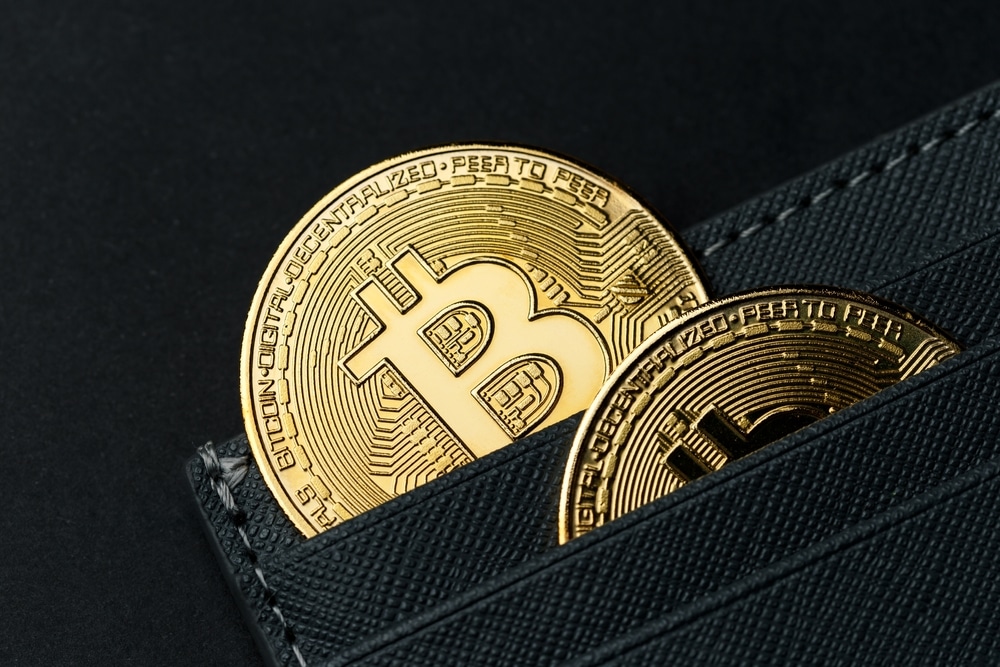
A Detailed Guide on Securing Bitcoin and Crypto Wallet
Security is a critical milestone in Bitcoin and crypto wallet to safeguard tokens native to projects running on blockchain-based technology. Nevertheless, in the past few years, traders and investors have lost valuable crypto savings, and the reasons differ.
Examples of these reasons include phishing scams, inappropriate management of private keys, and hacked exchanges. In Bitcoin and crypto, a person is their bank. Nevertheless, unlike conventional banking, the major drawback is that in nearly all cases, digital currencies never return after leaving the wallet.
Thus, it is critical to do everything needed to ensure the security of one’s holdings.
Bitcoin is Only as Safe as the Crypto Wallet
Users must comprehend that the danger to their cryptocurrency is not via the blockchain but via their exchange or crypto wallet. Data, including private keys, must be monitored and stored at the provider level. Hackers can access this, allowing them to steal savings.
The rivalry between the various digital wallets is increasing as the number of people utilizing cryptocurrencies rises. Therefore, users must be selective when it comes to the wallet they utilize. The general rule of thumb dictates that one must only utilize cryptocurrency wallets from trustworthy firms with a proven track record.
After doing that, one can do several things to ensure the security of Bitcoin and other cryptocurrencies. The sections below explain the tips one must know and adhere to.
Do Not Place All Eggs in One Crypto Wallet: Besides, Utilize Cold Storage
This practice is effective when it comes to investing and security. A person should never place all their cryptocurrency stack in one wallet, even if they are utilizing cold or hot storage.
The best means to do this is by using crypto wallet and distributing savings in a manner that has no significant impact in case one of them is compromised.
Cold storage is highly recommended since they are not linked to the internet, making it hard to hack them unless one becomes a phishing scam victim. Ledger and Trezor are the most famous brands.
Be careful with Mobile Devices and PC
Most cryptocurrency wallets also have a mobile app, something hackers prefer exploiting. Concerning the management of mobile-founded wallets’ security, these things are vital:
- People must avoid using public Wi-Fi since hackers can breach the connected gadgets.
- People should switch off auto-updates for apps and device operating systems (OS). Nevertheless, they must stay updated in case a security breach is identified.
- PC and phone must be safeguarded using the latest antivirus tool.
- A 2-factor Authenticator (2FA) must be utilized when applicable. This code is changing in a timely manner, and Google Authenticator is the most famous application in this field. The second security layer will need a code for each login to the account or wallet.
- Devices must be password-safeguarded. In case of theft, applications, particularly the 2FA app, will remain out of reach.
- Crypto-associated passwords offered by Google Chrome and other password-saving tools must never be auto-saved.
If a person is heavily into trading, they can buy another mobile device or PC to be used solely for cryptocurrency purposes. The device must not have apps since possible breaches and hackers can target apps with ill-considered permission.
Service Safety
It is vital to transfer cryptocurrency out of a gadget that requires servicing. This might entail things like hardware updates, software updates, and more.
People must never leave their gadgets unattended and should not lend them to anyone. Even if the individual given the device is a trusted party, they may inadvertently do something that impacts its safety.
Final Thoughts
Wallets’ private keys should be stored offline to prevent hackers from accessing them. It is also critical to have offline backups of the private keys.
People should also store backups of keys outside their homes. This enables access in case of incidents such as earthquakes, fires, and other situations that might jeopardize a home’s integrity. A bank’s safe is a recommended location to store private keys.




